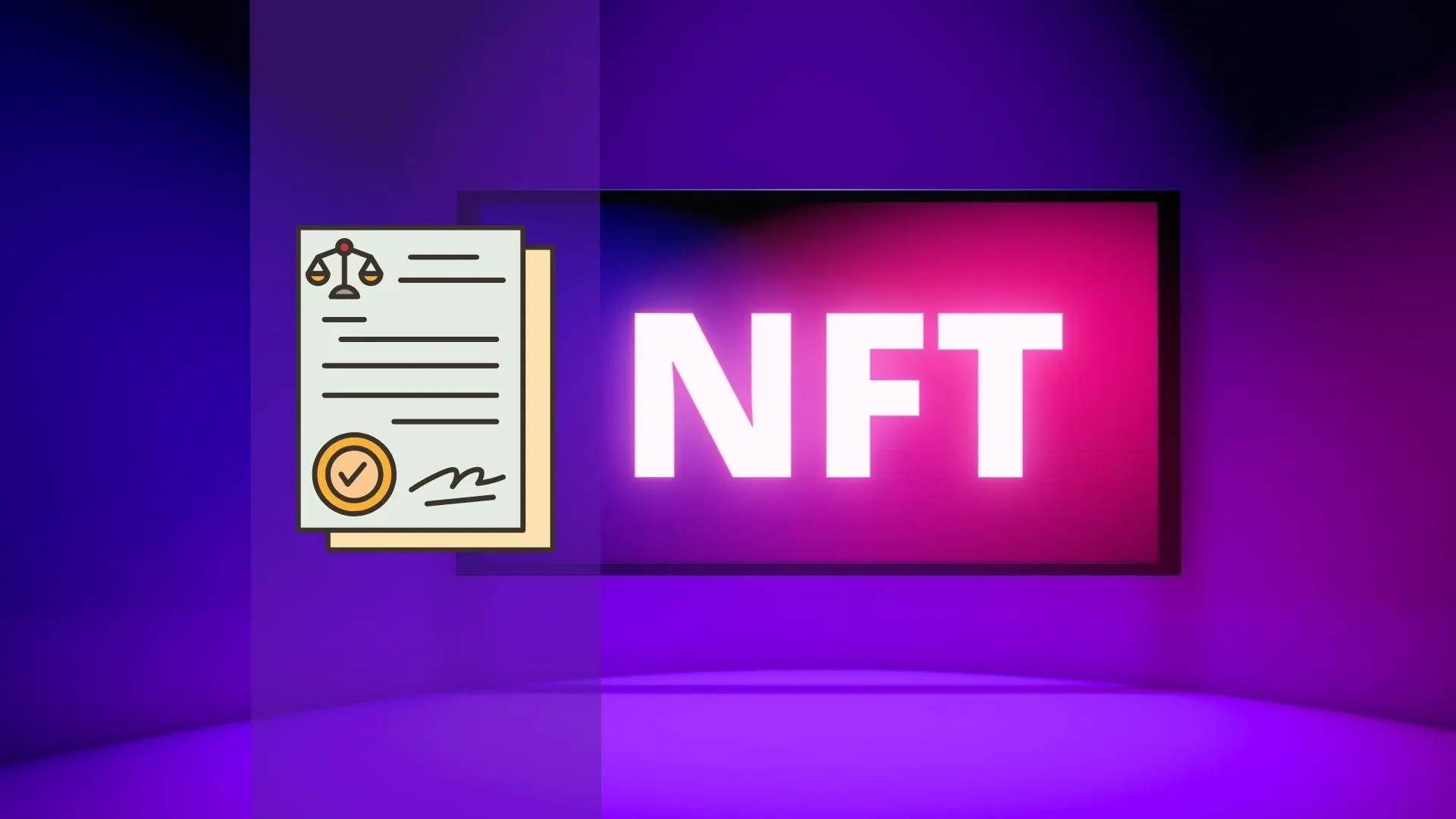Is NFT a Security? An In-Depth Examination of Legal Considerations


Introduction:
As Non-Fungible Tokens (NFTs) gain popularity, questions arise about their legal classification, specifically whether they should be considered securities. This article investigates the legal aspects surrounding NFTs, examining if they meet the criteria for securities according to the Howey Test and other relevant factors.
A Closer Look at NFTs and Securities:
- NFTs are one-of-a-kind digital assets that symbolize ownership of various items or content, including artwork, music, collectibles, and even virtual real estate. Blockchain technology underpins NFTs, ensuring their authenticity and origin.
- Securities, in contrast, are financial instruments representing an ownership stake in an organization or claims on its assets and income. Securities are subject to strict regulation and adhere to specific laws in different jurisdictions.
Applying the Howey Test to NFTs:
The Howey Test is a legal framework employed in the United States to ascertain if a financial instrument classifies as a security. It comprises four criteria:
- Monetary investment
- In a shared venture
- Anticipating profits
- Resulting from others’ efforts
Typically, NFTs do not fulfill the Howey Test criteria since they do not involve investing in a shared venture or earning profits through others’ efforts. However, in instances where NFTs are linked to investment contracts or grant rights to intellectual property earnings, they might be deemed securities.
NFTs’ Legal Classification:
It is crucial to recognize that NFTs’ legal classification may differ depending on the jurisdiction. Individual countries may have unique laws governing NFT circulation and determining their status. Consequently, before engaging with NFTs, it is vital to research local legislation and seek legal counsel if required.
Additionally, the NFT market continues to evolve, and future laws and regulations pertaining to this technology may emerge. Staying informed about legislative changes and preparing for potential shifts in NFTs’ legal status is essential.
Conclusion:
In general, NFTs are not classified as securities and are subject to different regulations. However, when NFTs are associated with investment contracts or intellectual property rights, they might be considered securities. To avoid legal complications, it is advised to investigate local laws, stay current with changes, and consult with legal experts when necessary.
Recent Posts
How to Manage an Online Community: Best Practices for Success
In today's digital age, online communities have become a pivotal aspect of brand building, marketing, and fostering user engagement. Proper…
The Future Smart Home: Automation, Energy Efficiency & Next-gen Technologies
Automation, Energy Efficiency, and Cutting-edge Technologies in Domestic Management. 1. Introduction In today's world, technology continues to become more integrated…
Building an Online Community: A Step-by-Step Guide
In today's digital age, online communities have become hubs for knowledge exchange, shared interests, and camaraderie. If you're thinking of…
Blockchain’s Revolution in Real Estate: Ushering in Transparency
Blockchain, originally known as the backbone technology of cryptocurrencies, holds potential far beyond the financial sector. One such area where…
Leveraging Graph Databases for Complex Data Structure Analysis: An Overview of Benefits and Application Methods
The contemporary data landscape is ever-expanding and becoming more intricate, and conventional analysis tools and methods often fall short in…
Leveraging Quantum Computers in Scientific Research: A Revolution in the World of Science
The emergence of the first working prototypes of quantum computers signaled a new era of scientific exploration. With a fundamentally…